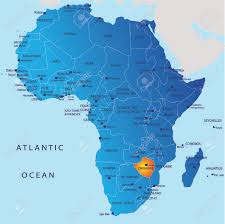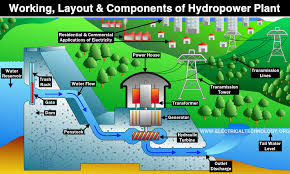The 2022 Africa Agriculture Status Report (AASR23) was launched today, with the message that the repercussions of inaction are not just confined to hunger and malnutrition but extend to economic, social, and environmental domains, with the potential to undermine the progress made over the years.
Africa’s hydropower has long been seen as a cornerstone of energy access and economic development, from the new Grand Ethiopian Renaissance Dam to the Kariba Dam, built in the 1950s to serve Zambia and Zimbabwe. But a new study suggests that with the rise of alternative renewables and more climate-driven risk for water resources, up to two-thirds of possible future hydropower plants in Africa are not worth the investment.
Family after family fled along this dirt road towards Harare as they were evicted from their farms by Zimbabwean war veterans.
Hydropower provides clean electricity to millions in Africa. It’s the largest source of renewable energy on the continent and accounts for nearly one quarter of total electricity generation in sub-Saharan Africa.
No continent has been hit harder by climate change than Africa, and yet none has more potential for a future centered on green energy, a top expert has told AFP in an interview.

















